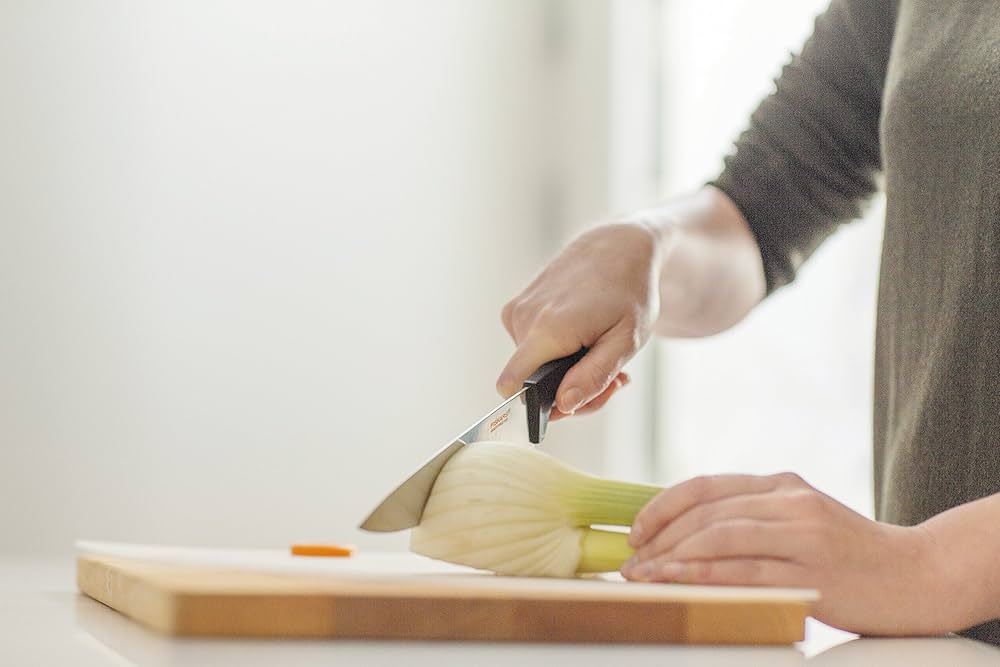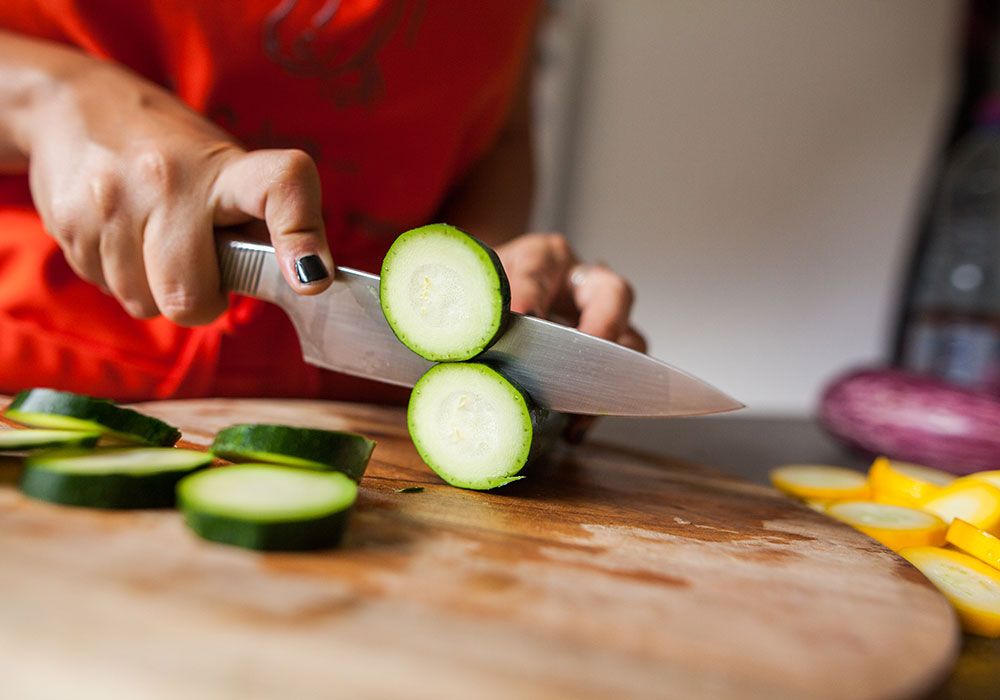As a kitchen professional, you're no stranger to relying on a well-used wood cutting board. But what happens when your trusty board starts to emit an unpleasant smell? If you've ever found yourself asking 'why does my wood cutting board smell', you're not alone. Not only is this a common issue, but it also raises concerns about cleanliness and hygiene in your kitchen.
In this comprehensive guide, well discuss why your wood cutting board might develop bad odors and provide actionable solutions to restore its freshness. By following these tips, you can get your chopping blocks board-approved for any culinary masterpiece!

What Causes the Smell? Understanding the Culprits
1. Food Residue Build-Up
Tiny particles of food can find their way into the pores of the wood, especially when the board isnt cleaned immediately after use. Over time, the organic matter decays, leading to an unpleasant odor.
2. Excess Moisture
Unlike hard plastic or glass surfaces, wood is porous and absorbs liquids easily. If water or other liquids seep into your cutting boards surface and arent dried properly, bacteria can thrive and cause bad smells.
3. Infrequent Maintenance
Wood cutting boards require regular maintenance, such as oiling, to prevent crack formation. If left untreated, these cracks can trap debris and foster bacterial growtha major source of offensive odors.
Visit this guide on how long to soak cutting boards in mineral oil to keep it in tip-top shape.
4. Use of Strong-Smelling Ingredients
Chopping pungent foods such as garlic, onions, or fish can leave behind residual odors that get absorbed into the wood. This often explains the lasting smell, no matter how much you scrub.
How to Prevent Smells: Big Steps for Tremendous Results
1. Clean Immediately
Dont let food or liquid sit too long on the board. Wash it with warm water and mild soap after every use, ensuring all food particles are removed.
2. Salt Scrubbing
Sprinkling coarse salt over the boards surface and scrubbing with a lemon can work wonders in neutralizing smells. The combination of salt and lemon eliminates bacteria and restores a fresh scent.
Check out this blog on what cutting board chefs use to ensure quality matches care.
3. Dry Thoroughly
Air drying may seem harmless, but it often leaves water trapped in crevices. Use a clean kitchen towel to dry the board completely, preventing bacterial growth.
4. Regular Oil Maintenance
Wood cutting boards should be conditioned with food-grade mineral oil at least once a month. Oiling not only reduces porosity but also lengthens the lifespan of your board.
If youre unsure about maintenance practices, heres a guide on how to keep your wooden cutting board from splitting.
What If the Smell Persists? Approved Remedies for a Life-Changing Reset
1. Baking Soda Paste
Mix a few tablespoons of baking soda with water to form a paste. Apply it generously, leave it for 20-30 minutes, and rinse thoroughly.
2. Vinegar Solution
Vinegar is highly effective at killing bacteria and neutralizing odors. Dilute white vinegar with water (1:1 ratio), wipe down the board, and rinse it off.
3. Deep Sanitization
If bad odors persist despite your efforts, it might be time for deeper sanitization. Many kitchen professionals recommend using hydrogen peroxide for sanitization.
Additionally, here's some expert advice for oiling and maintaining your cutting board to ensure consistent odor control.
4. Replace if Necessary
Sometimes, a cutting board that smells cannot be saved due to extensive damage or porous wear over time. If thats the case, its time to invest in a durable, long-lasting board that suits your kitchens needs.
Key Tips to Retain Durability
Your board is more than just a kitchen toolits an investment. Regular maintenance is crucial to avoid wear, cracks, and odors. Read this blog on how to straighten a warped cutting board for additional care tips when boards start to warp.
FAQs About Smelly Wooden Boards
1. Can a wood cutting board absorb smells permanently?
While wooden boards can absorb strong smells from foods like garlic or fish, consistent cleaning and maintenance prevent smells from becoming permanent.
2. Are wood boards sanitary compared to plastic ones?
Wood boards are just as sanitary as plastic, provided theyre cleaned and maintained properly. The natural antibacterial properties of wood reduce bacterial growth.
3. Whats the best oil for seasoning wood boards?
Food-grade mineral oil is the most recommended option, as it wont go rancid or affect the taste of the food.
4. How often should I deep clean my cutting board?
A deep clean using methods like salt scrubbing, baking soda paste, or vinegar should be done at least monthlymore often if you use the board for raw fruits or meats.

Final Thoughts
Understanding 'why does my wood cutting board smell' is the first step toward effective care. Treating your cutting board like the culinary cornerstone it is will not only extend its life but also keep your kitchen smelling delightful. For additional advice, check out this helpful resource on chopping board hygiene.
This article contains affiliate links. We may earn a commission at no extra cost to you.






Leave a comment
This site is protected by hCaptcha and the hCaptcha Privacy Policy and Terms of Service apply.